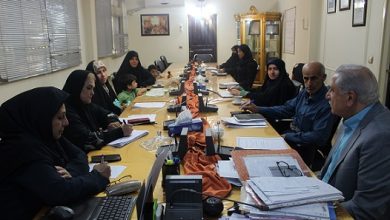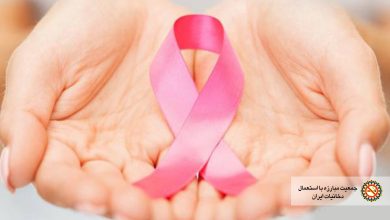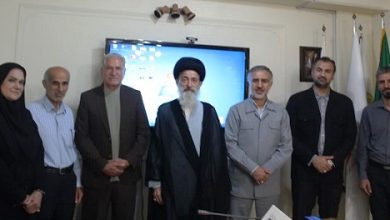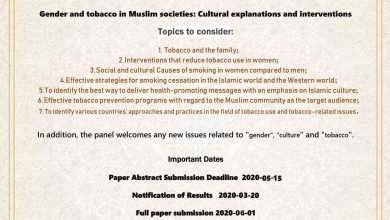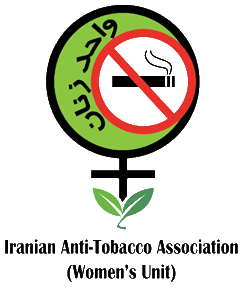
The health of women, especially young women, as future mothers, and their effective role in the health of children has a major impact on the health of the community. If the issues affecting women’s health are ignored, there will be irreparable harm to women and, consequently, to society.
Tobacco is the biggest preventable cause of mortality in the world. According to the report published in the WHO’s Tobacco Atlas, only in 2016, tobacco has caused the death of more than 7.1 million people, of whom 2 million were female. Women are the biggest victims of the tobacco industry, whether they themselves smoke or being exposed to environmental tobacco smoke.
In recent decades, according to scientific studies and evidence, the reduction in the age of smoking onset and the rise in tobacco use – especially hookah – in women have been much higher compared to men. Given the fact that the genders are not so different regarding health harms, women – in addition to the general risks of tobacco use – are also at risk for specific factors related to their gender, and this increases the importance of the issue.
In Iranian society, the negative impact of such behaviors on Iranian women is greater than that of men and has certain social and cultural implications. So, the pathology of this topic should be different, and women’s issues should be examined independently of men’s issues. According to the WHO’s recommendations, in order to explore the factors influencing the smoking onset, we should consider the impact of gender more accurately, because tobacco consumption is a behavior that relates to people’s gender. Indeed, the onset of smoking by women may have different reasons compared to men. Therefore, understanding the factors that affect the onset and continuation of smoking can increase the effectiveness of tobacco control strategies.
In agreement with the Millennium Development Goals, the Iranian Anti-Tobacco Association has established the Women’s Unit with the goal of empowering women in the field of health. In addition, issues related to smoking by women have been raised as one of the priorities of the Framework Convention on Tobacco Control (FCTC).
The activities of this Unit are aimed at preventing and controlling smoking in women and include the following tasks:
• Supporting scientific research and graduate theses & projects on women and tobacco;
• Conducting conferences and workshops on women and tobacco;
• Interaction and partnership with governmental and non-governmental organizations in the field of women and tobacco in the forms of contract or memorandum of understanding; and
• Designing innovative strategies for cultural and social interventions on care and prevention of tobacco use by women.
Zahra Sadr
Director of Department
Dr.Shokouh Dibaji
Director of Research Unit
Nahid Sarabi
Unit Employee


